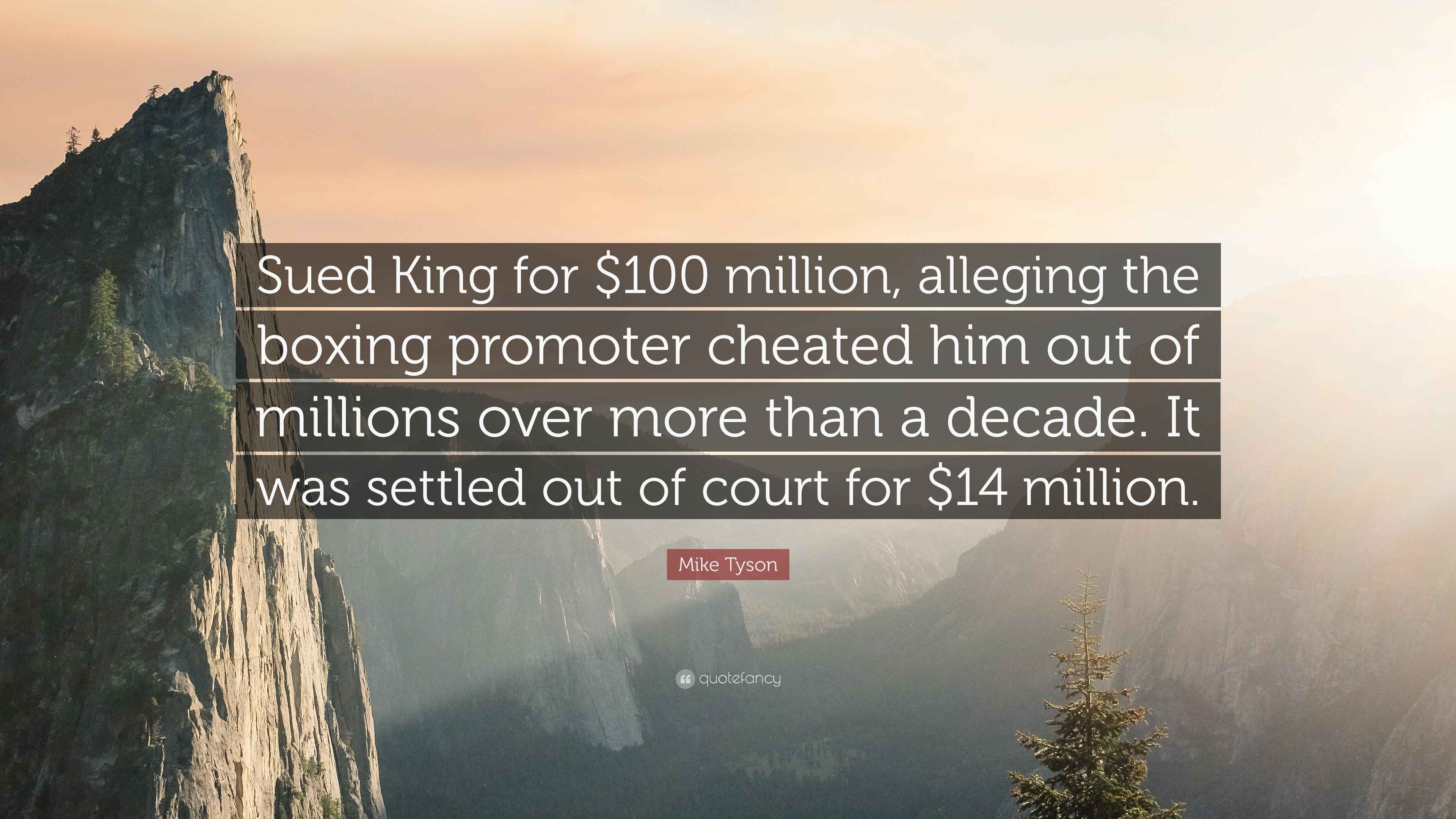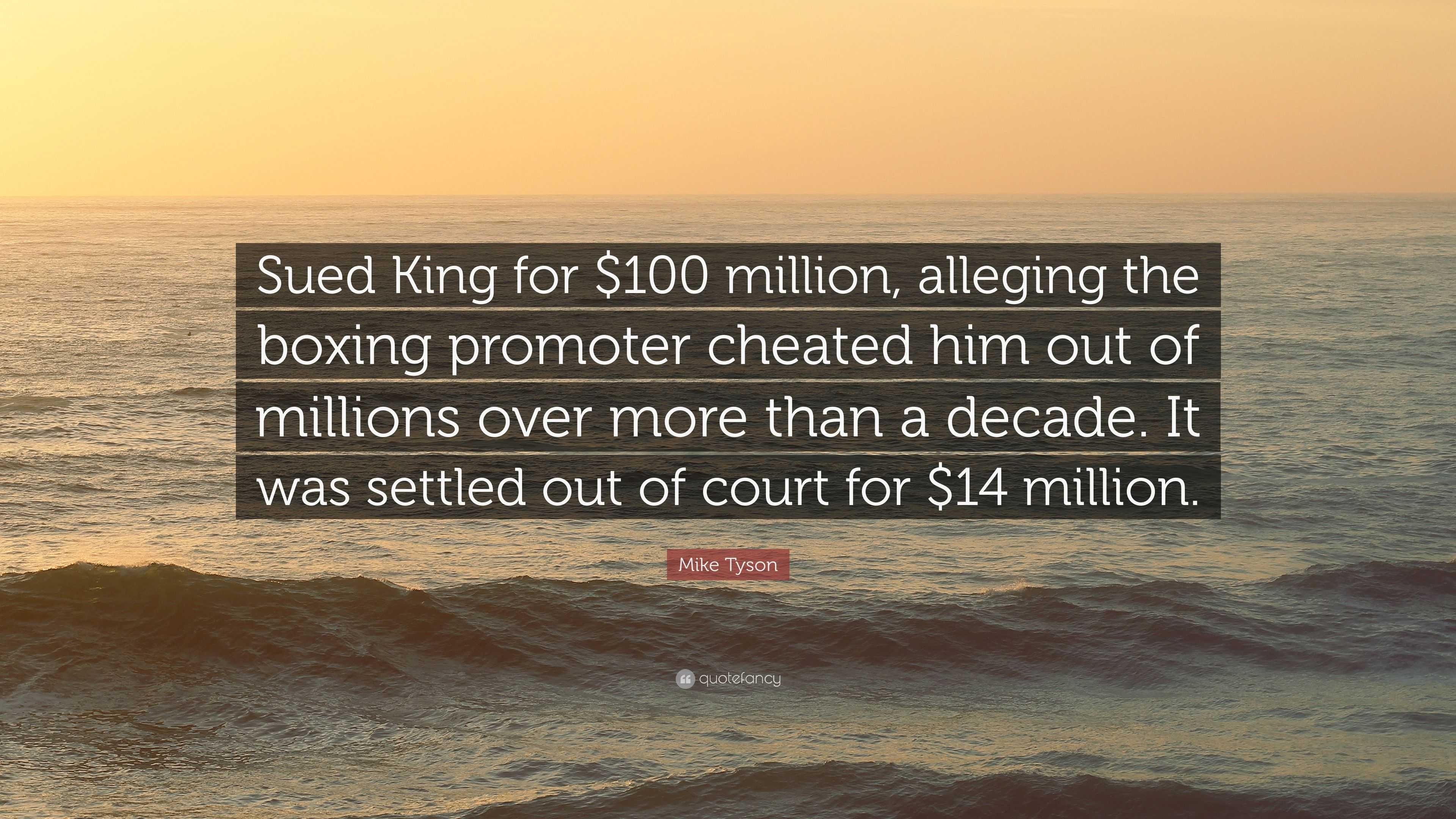Capital One Sued By US Watchdog, Alleging Bank Cheated Customers Out Of $2 Billion
Introduction: Examining the Lawsuit's Claims
Capital One, one of the largest banks in the United States, has been sued by the Consumer Financial Protection Bureau (CFPB) for allegedly deceiving customers into paying billions of dollars in unnecessary fees and interest charges. The lawsuit, filed in federal court in Washington, D.C., alleges that Capital One "systematically violated the law by engaging in deceptive and unfair practices that harmed consumers." The CFPB is seeking $2 billion in restitution for affected customers and significant penalties against the bank.
Capital One's Alleged Misconduct
The lawsuit alleges that Capital One engaged in a series of deceptive and unfair practices, including:
- Deceptive Credit Card Marketing: Capital One allegedly used deceptive marketing tactics to induce customers into signing up for credit cards with high interest rates and fees.
- Unfair Credit Card Fees: The bank allegedly charged customers hidden fees and penalties, such as overdraft fees and late payment fees, without providing adequate notice or justification.
- Unfair Debt Collection Practices: Capital One allegedly used aggressive and harassing tactics to collect debts from consumers, including threatening legal action and reporting delinquent accounts to credit bureaus.
The CFPB's Case: Evidence and Arguments
The CFPB's lawsuit is supported by extensive evidence, including internal bank documents, consumer complaints, and expert testimony. The agency argues that Capital One's practices violated the Consumer Financial Protection Act (CFPA), which prohibits unfair, deceptive, and abusive practices in the financial industry.
The CFPB has presented evidence that Capital One marketed credit cards to consumers who could not afford them, knowing that they would likely default on their payments and incur high fees. The agency also alleges that Capital One charged customers overdraft fees even when they had sufficient funds in their account, and that the bank used deceptive language in its billing statements to confuse customers.
Capital One's Response: Denying Allegations
Capital One has denied the allegations in the CFPB's lawsuit, calling them "unfounded" and "without merit." The bank argues that it has always acted in the best interests of its customers and that its fees and practices are fair and transparent.
Capital One has also accused the CFPB of overreaching its authority and engaging in a "baseless attack" on the bank. The bank's lawyers have argued that the CFPB is using the lawsuit to advance its own political agenda rather than protect consumers.
Industry Perspectives: Support and Criticism
The CFPB's lawsuit against Capital One has sparked debate within the financial industry. Some industry groups have expressed support for the agency's actions, arguing that Capital One's alleged misconduct is a violation of consumer trust.
However, other groups have criticized the CFPB's lawsuit, arguing that it is an example of overregulation and that it will harm consumers by making it more difficult for them to access credit.
Broader Implications: Impact on Consumers and the Financial Industry
The CFPB's lawsuit against Capital One has broader implications for consumers and the financial industry. If the bank is found to have violated the law, it could be fined billions of dollars and ordered to change its practices.
The lawsuit could also have a chilling effect on the financial industry, making banks more hesitant to offer credit to consumers. This could lead to higher interest rates and fees for consumers and a reduction in the availability of credit. Additionally, the lawsuit could undermine consumer confidence in the financial system.
Conclusion: A Complex Case with Far-Reaching Implications
The CFPB's lawsuit against Capital One is a complex case with far-reaching implications. The lawsuit alleges that the bank engaged in deceptive and unfair practices that harmed consumers, but Capital One has denied these allegations. The outcome of the case will determine whether the CFPB has the authority to regulate the financial industry and protect consumers from abusive practices.
Regardless of the outcome, the lawsuit has raised important questions about the role of banks in society. Banks play a critical role in providing financial services to consumers, but they must also be held accountable for their actions and held to a higher standard of conduct. The CFPB's lawsuit is a step towards ensuring that banks are acting in the best interests of consumers, and it will have a lasting impact on the financial industry and the relationship between banks and their customers.
Read also:
Eagles' Key Starter Sidelined For First Half In Packers Clash
Canadian Comedy Conquers The Gulf Coast With Late Night Humor
Lucy Liu Reflects On Her Iconic Role In Kill Bill 1

